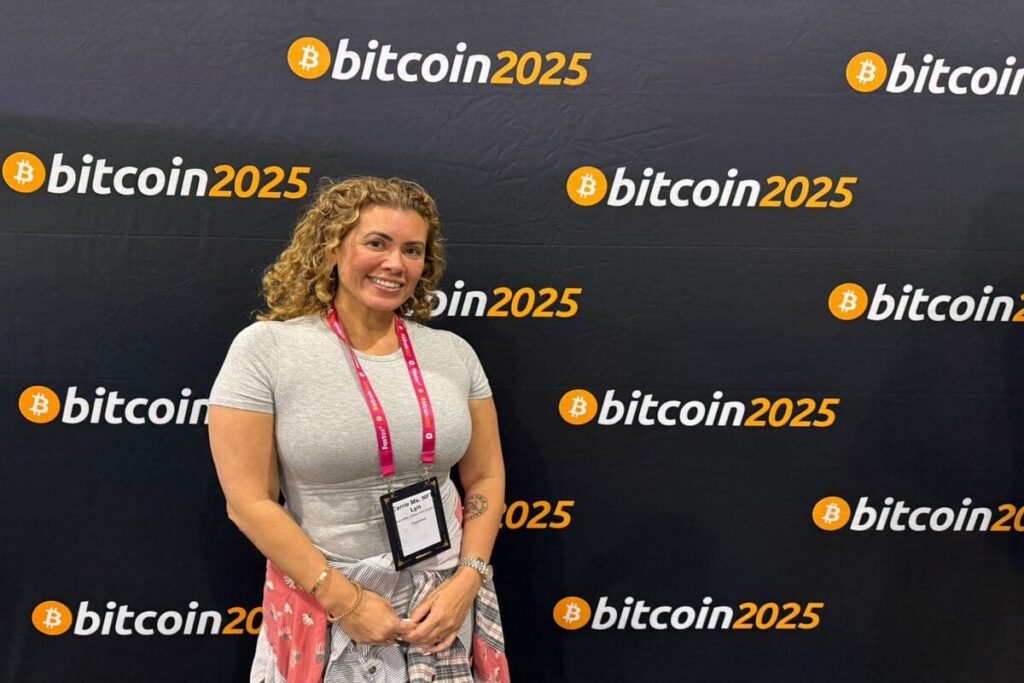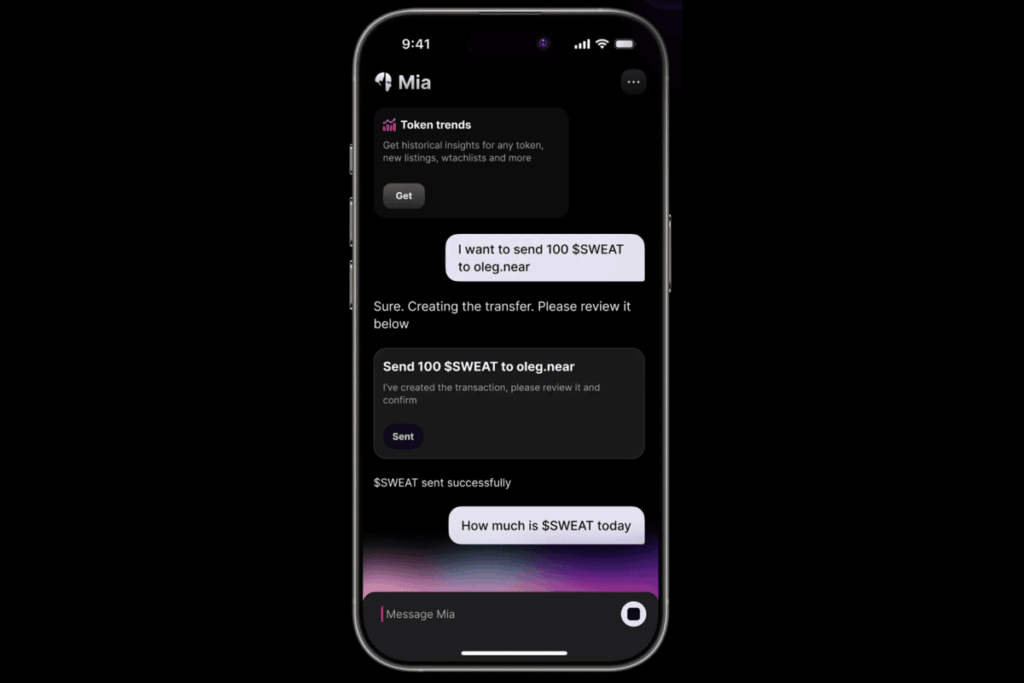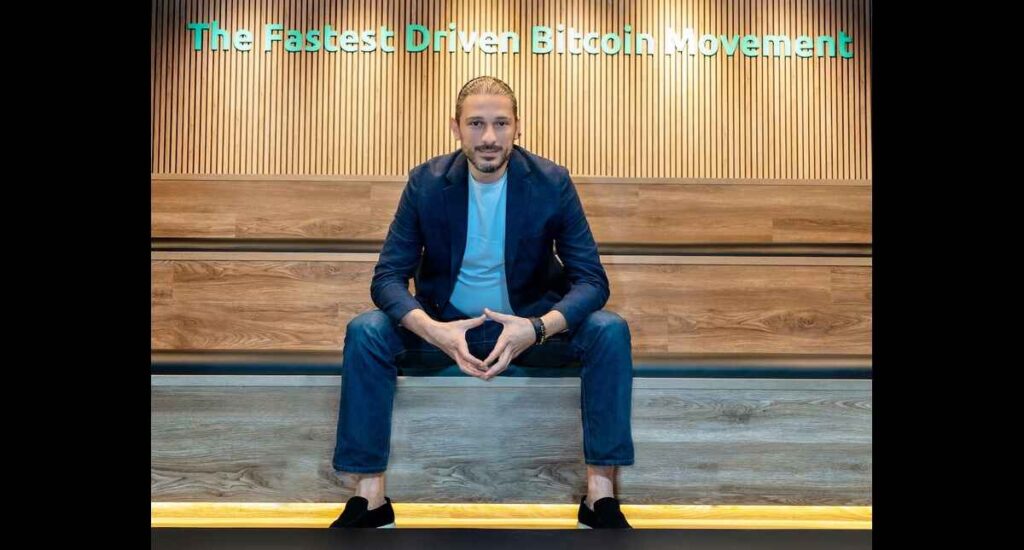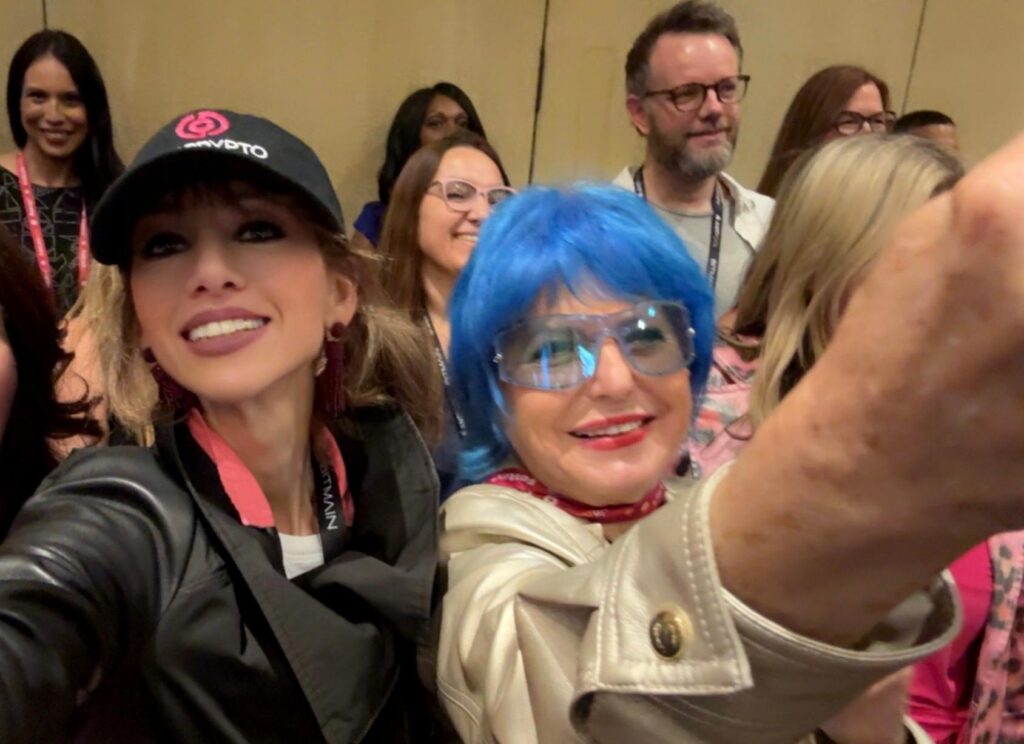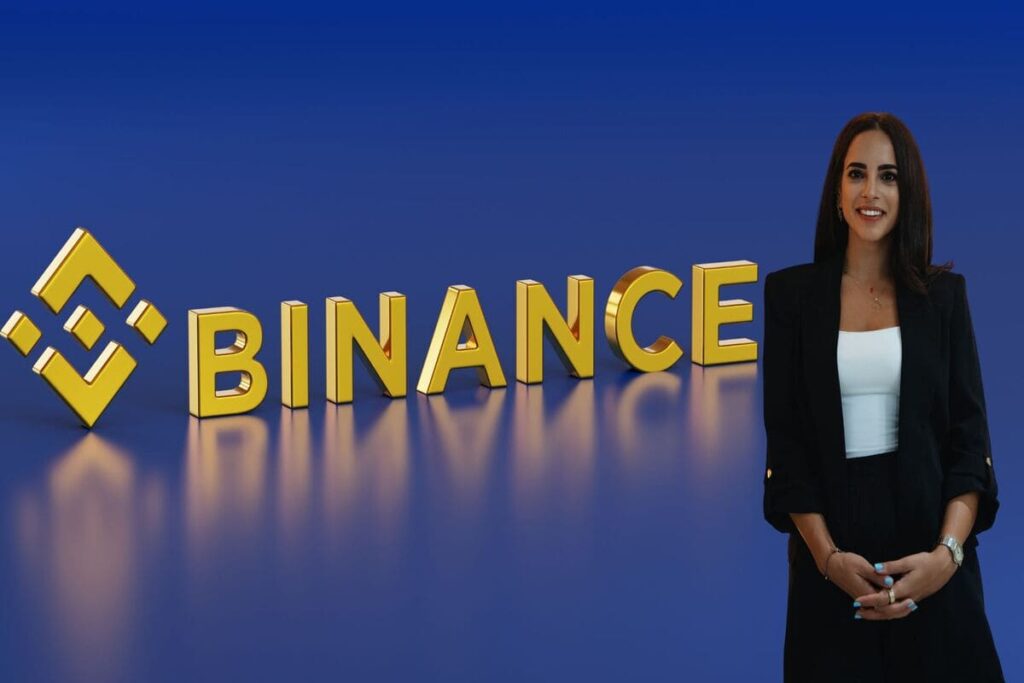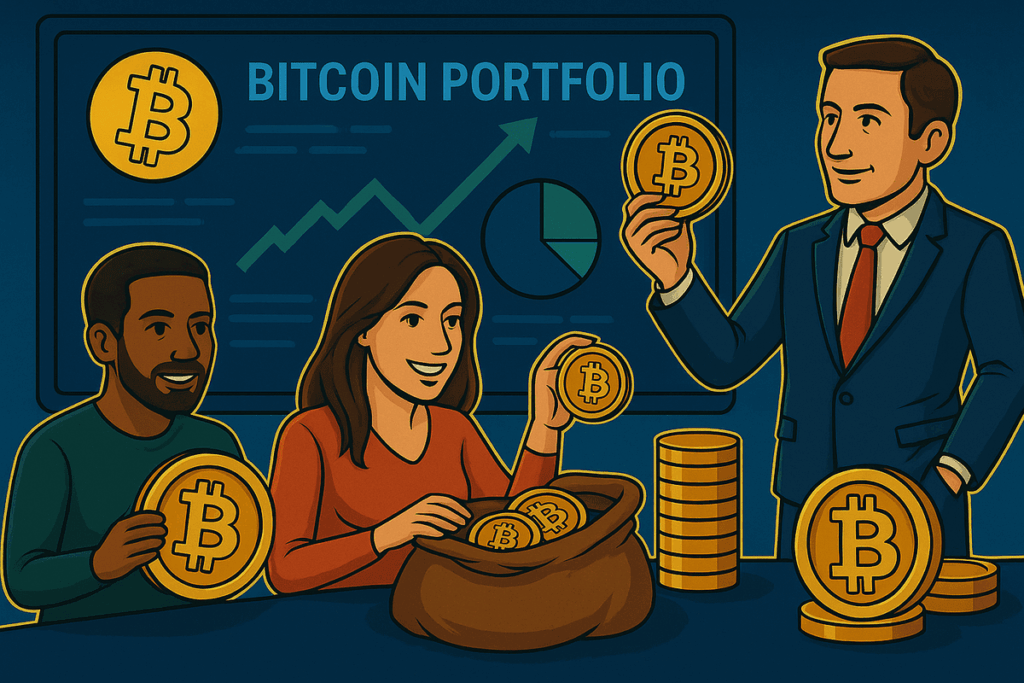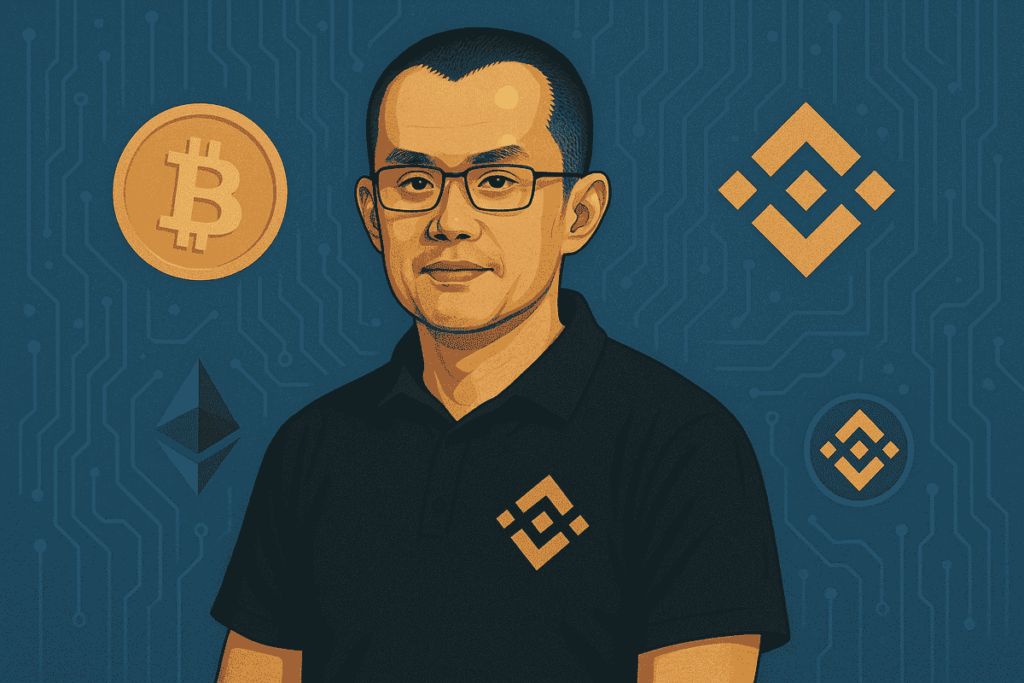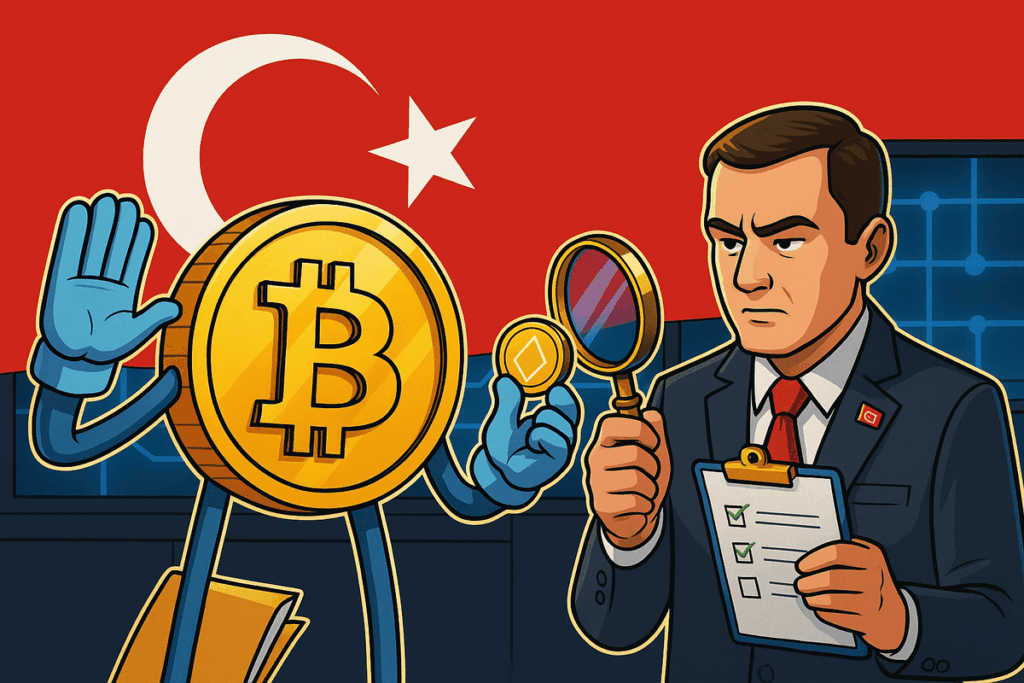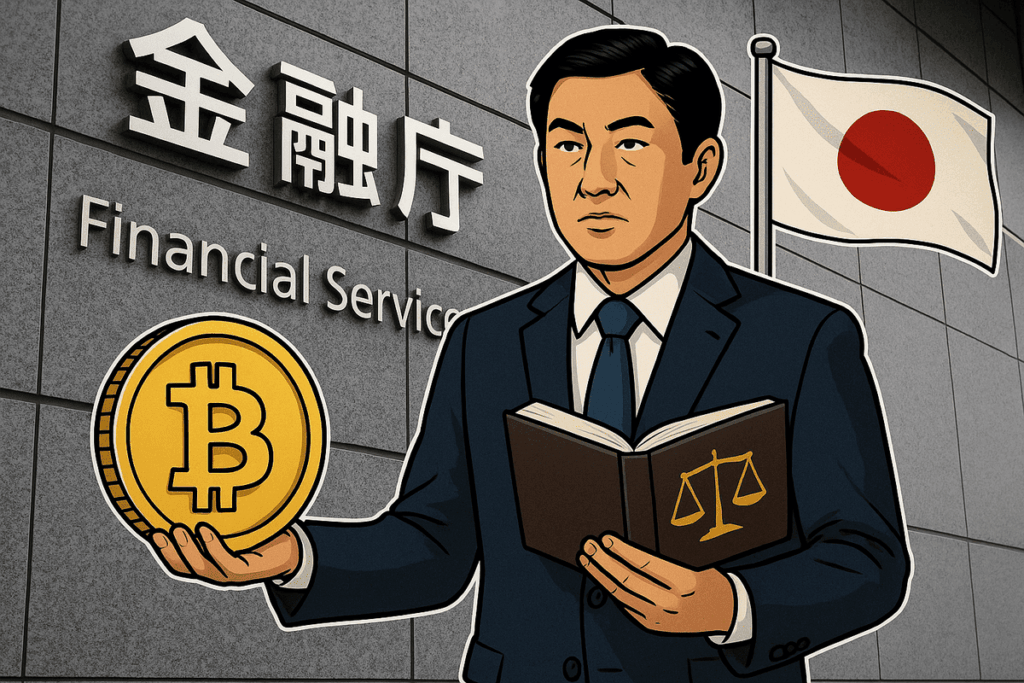- Carrie Lyn is building a blockchain-powered ed-tech platform that issues on-chain verified credentials
- She is actively lobbying for bipartisan frameworks like the Genius Act emphasizing that crypto regulation should be shaped by everyday users, not just lawmakers or lobbyists
- Lyn is promoting integration of Bitcoin into pensions and social aid programs
As the world watches the U.S. crypto narrative veer between high-voltage debates on Bitcoin reserves and headline-grabbing regulation wars, one voice is emerging from the grassroots. Carrie ‘Ms NFTY’ Lyn is not just another Web3 advocate. She’s a bridge, a builder, and most of all, a believer in the power of NFTs, blockchain, and education to fundamentally reshape access and agency in the 21st-century economy.
In this unfiltered conversation with CoinHeadlines.com, Lyn unpacks her dual mission as president of Stand With Crypto California Chapter and founder of Learnville, an ed-tech platform designed to futureproof communities through culturally relevant, blockchain-authenticated learning.
Crypto is not red or blue. It’s human.
Newsletter
Get weekly updates on the newest crypto stories, case studies and tips right in your mailbox.
“I think that this is not a partisan thing,” Lyn says, when asked about crypto’s sudden emergence as a hot-button political topic in America. “Don’t look at Republicans and Democrats. Don’t look at Trump. Don’t look at Biden or Obama. Look at what is crypto? What is blockchain? Does it help people?”
For Lyn, the conversation around NFTs and blockchain isn’t abstract, it’s personal. “My objective is to bring crypto enthusiasts together, educate them about what the policies are in the United States, find out what it is that they need, what they’re afraid of, what the government needs from them, what they want from the government, and build stronger connections.”
But she’s also clear-eyed about the reality on Capitol Hill. “Government agencies and politicians aren’t masters at crypto and blockchain. Most know nothing about it. And oftentimes there are actors and imposters, if you will, trying to be in the ear of politicians because they don’t know.”
That’s where community comes in. “Us as real builders, us as regular people even, can share our experiences and how it’s impacting our lives and our families and our children. To appeal to them and say, ‘Hey, I’m a real person. This is why we need your help.’”
NFTs and education: More than just digital art
At the heart of Lyn’s movement is Learnville, her ed-tech venture that leverages blockchain to issue credentials verified on-chain. “It’s about making a difference that’ll last longer than my life,” she says. “Mental health, financial literacy, Web3, and future-proof career paths. Those are our pillars.”
She’s not building this alone. “I teach entrepreneurial classes with Forbes, with MetaMask, with Magic Johnson… I’m not creating my own education. I have partners. I create it in a way that people can receive it. I give them authentication that they completed this course on-chain.”
This isn’t just about tech for tech’s sake, it’s about trust. “So LinkedIn acknowledges that education. Now, whoever took this education anywhere in the world, it’s verified. Employers know there’s a higher trust factor and they’re willing to pay them more.”
The impact, she says, spans demographics. “This is a space where even elders who often face discrimination right? People don’t want to hire people that are older. They can be community leaders. They can be trading online. They can talk. They can use AI. Like, this affords them a new career path.”
Bitcoin as the new gold? Maybe, but it’s more than that.
There’s a dual narrative playing out in Washington: one of Bitcoin as strategic reserve, and one of crypto as economic inclusion. Lyn sees both sides but warns against missing the forest for the trees.
“Yes, I think there are ways that regular people can get into Bitcoin, but I don’t think that that’s the government’s responsibility,” she explains. “I think it should be an option. Maybe they offer an opportunity where they’re paying them a bit in Bitcoin.”
She even floats the idea of integrating Bitcoin into social safety nets. “Homeless people get $600 a month in the United States. Well, maybe offer them Bitcoin worth $600 a month. Are there ways that we can integrate that and use the funds that the government has in Bitcoin to do that?”
When asked about Bitcoin reserves in U.S. Treasury, she’s pragmatic. “We used to be backed by gold I view it kind of like that. Like, Bitcoin’s the new version of gold. There is a limited amount. Now we are going to be backed by something that can appreciate.”
The Genius Act and a framework for the future
Lyn places her hope in the Genius Act, a bipartisan legislative initiative she’s personally pushing on Capitol Hill. “We will not have a perfect bill right now. There’s no way you’re going to have a perfect constitution. But let’s get a framework. Let’s get a skeleton that we can agree on.”
She sees the next three years as critical. “I think we’ll have a basic framework this year. And as long as we have more framework within the next three years while we have this administration, I think we’re fine.”
Executive orders, she argues, are flimsy. “Right now, you can write an executive order all you want. But it’s not actual law. It comes back around and then pull back the playbooks.”
Her strategy? Pressure. “I represent all of these people that have the money, that have the votes, that want to support you. Support the people that support you.”
NFTs and blockchain: Not just for coders
Beyond crypto reserves and legislative battles, Lyn remains laser-focused on accessibility. “What if you have bad credit? What if you don’t have a W-2 or a regular paycheck? Crypto allows you an opportunity to take out a loan… You can do it in a matter of seconds.”
She sees NFTs as key to educational transformation not as speculative assets, but as on-chain credentials and identity. “It’s not just art. NFTs are how we prove we did the work, how we verify skillsets, how we level the playing field.”
Her future vision? “I’m looking for more partners so that I can make it global. The education is not different, it’s how I deliver the education in different countries, because I need to be mindful of the cultural differences.”
The road ahead
From the U.S. Senate to the slums of São Paulo, Lyn’s mission is not abstract. It’s urgent. And it’s global.
“I want to be respectful of different countries and the different brands and the references… But I want to give them a tool,” she says. “If I can change people’s lives and make a generational impact just by educating them and creating an opportunity, it’ll benefit them and their family. That’s all I’m here for.”
In the noisy landscape of crypto influencers and maximalist soundbites, Carrie “Miss Nifty” Lyn is cutting through with clarity, with compassion, and most of all, with a cause.
